Improving Clean Water Access in Bangladesh
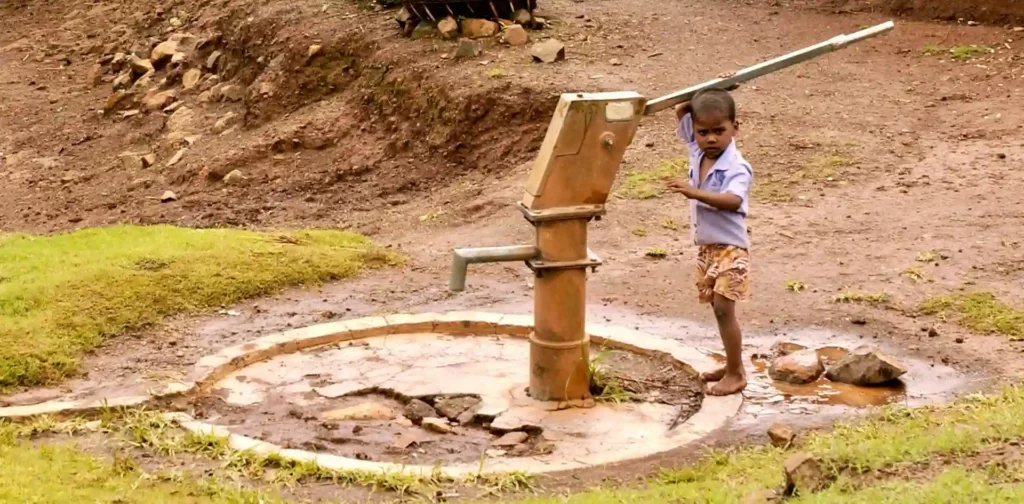
Photo: Bradford Zak on Unsplash
Bangladesh is the second-largest economy in South Asia and is recognized as one of the emerging economies worldwide. Despite its potential, ensuring clean water access for all remains a critical issue across the country.
Clean Water Access in Bangladesh
Bangladesh faces significant challenges in providing clean water access to its population. According to the Joint Monitoring Programme (JMP) Report, less than 60% of Bangladeshis have access to safely managed water, leaving the remainder with basic water coverage that lacks guaranteed safety and quality.
While overall water coverage has improved and the Millennium Development Goal (MDG) water target has been met, ensuring safe water for everyone remains a critical issue. Only 15% of the population has access to piped water, and among the poorest, this figure drops to just 3%.
These challenges are exacerbated by severe seasonal events such as water shortages or floods, forcing people to travel long distances to get water, typically relying on natural springs or streams. Bangladesh is ranked as the 7th most vulnerable country to climate impacts. Frequent floods, cyclones, and tidal surges severely disrupt freshwater supplies, leading to significant saline intrusion in coastal communities.
Addressing Water Inequality
Efforts to tackle water shortage come from various sectors. For example, Project Ombu by the Give Bangladesh Foundation has provided access to clean water for over 30,000 people. The Project acknowledges that different regions within the country have specific needs, each requiring tailored solutions to address their unique challenges.
In flood-prone northern regions, for instance, Project Ombu has installed double-platform tube wells raised 1.5 meters above ground to address the challenge of accessing clean water during months when floods typically submerge conventional tube wells. Meanwhile, in the Chittagong Hill Tracts, water scarcity and contamination have become critical issues. To tackle this, the Project installed six deep tube wells and reservoirs equipped with filtration systems, ensuring a consistent supply of clean water throughout the year using natural purification methods.
Another initiative in tackling the water issue is in the northern village of Goaldihi. Engineers Without Borders, a humanitarian non-profit engineering organization, utilize their engineering expertise for humanitarian assistance. The organization has designed and built water and sanitation infrastructures in Goaldihi, including ceramic filtration systems, elevated tube wells, solar-powered deep tube well pumps, and raised pit latrines.
Universal Access to Clean Water
Everyone has a right to water. According to UN Water, “The right to water entitles everyone to have access to sufficient, safe, acceptable, physically accessible, and affordable water for personal and domestic use.”
Ensuring clean water access for everyone is a crucial part of fulfilling their rights. Therefore, governments, civil society from different backgrounds, and businesses must work together to tackle water scarcity, contamination, and inadequate infrastructure. Addressing poverty and structural inequalities, supporting assistance projects, and investing in sustainable water technologies are key steps forward. Empowering local communities to manage their own water effectively by providing education and training programs is also important. Additionally, policies promoting water conservation, pollution control, and climate resilience are essential to achieving clean water access for everyone.
Editor: Nazalea Kusuma

Subscribe to Green Network Asia
Strengthen your personal and professional development with cross-sectoral insights on sustainability-related issues and sustainable development across the Asia Pacific and beyond.


 Nickel Mining in Raja Ampat and the Widespread Cost of Natural Resource Exploitation
Nickel Mining in Raja Ampat and the Widespread Cost of Natural Resource Exploitation  Lumbung Sosial: Challenges and Opportunities of Indonesia’s Social Barn Program
Lumbung Sosial: Challenges and Opportunities of Indonesia’s Social Barn Program 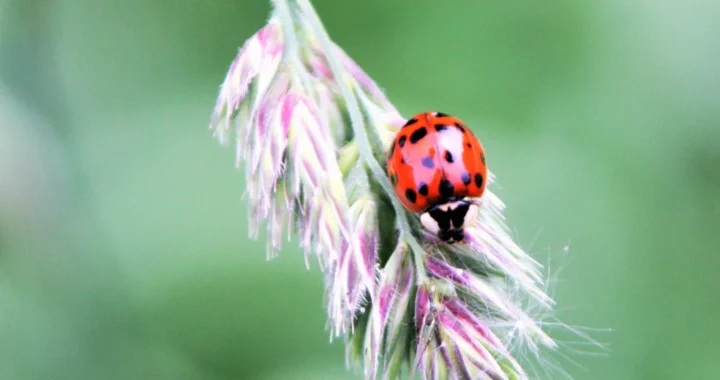 A Worrying State of Insect Decline
A Worrying State of Insect Decline 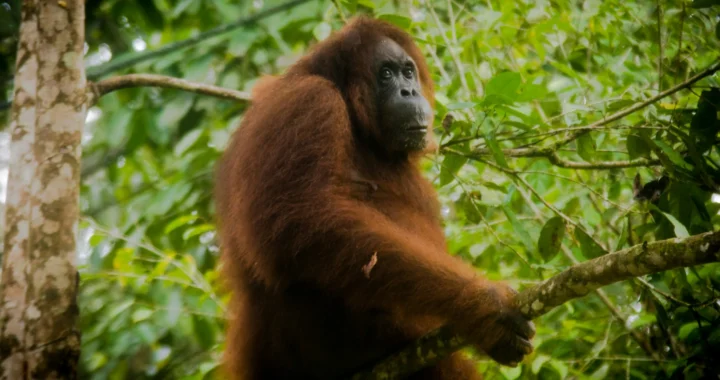 GEF Approves Funding for Biodiversity Conservation Projects in Indonesia
GEF Approves Funding for Biodiversity Conservation Projects in Indonesia 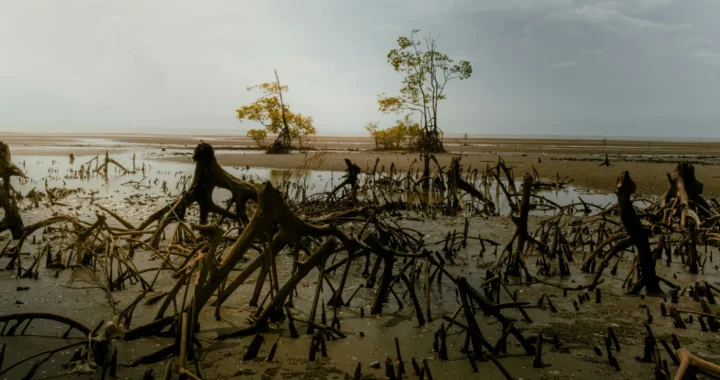 Mikoko Pamoja, A Blue Carbon Project for Climate Resilience
Mikoko Pamoja, A Blue Carbon Project for Climate Resilience 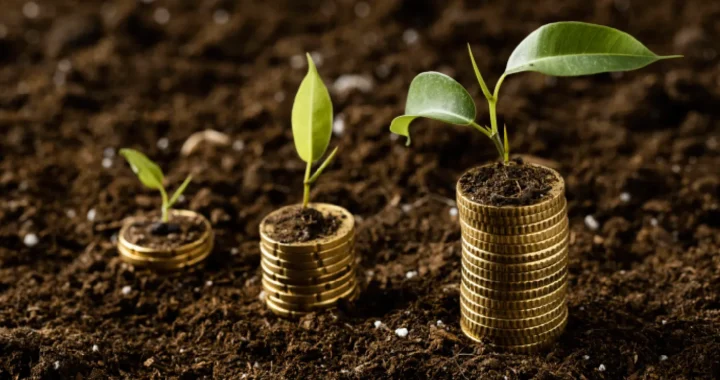 Australia Released a Sustainable Finance Taxonomy to Support Net-zero Transition
Australia Released a Sustainable Finance Taxonomy to Support Net-zero Transition